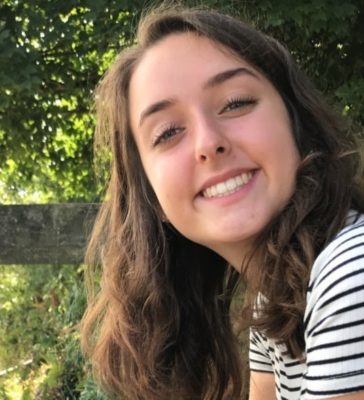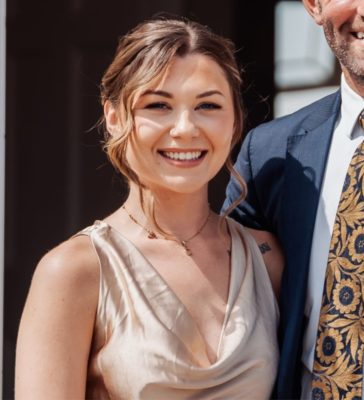
Katie Law
Current Employer/Organisation Name
Analyst (Health Economics and Statistics and HTA)
What have you been doing since leaving Exeter, and what are you doing now?
I have had quite a few jobs since leaving Exeter ranging from neuroscience publishing to working for the government to helping run a pilot scheme at the RDUH! I even went down the route of GEM before deciding it wasn’t for me.
Now I work as an analyst for a medical consultancy which involves working with pharmaceutical companies to evaluate the clinical and cost-effectiveness of new drugs and technologies. I also support with submissions to NICE to see if those new therapeutics will be recommended for use in the NHS.
Why did you choose this career? And what do you enjoy most about your work?
“I didn’t know this career existing until I saw the vacancy pop up and thought it was perfectly suited to me as I absolutely loved pharmacology during my time at Exeter.
I get to learn about diseases and how patients are treated in the NHS, or in the country of interest of the client, and then also understand how the new drug could alleviate an unmet need in that patient population. If the therapeutics we help to evaluate are eventually accepted by NICE (or the equivalent body in another country), it feels like we are making a real tangible difference to patients, but just behind the scenes. I also love that my job has the opportunity to provide scientific support to charities for free!”
What did you enjoy most about your programme and what was the biggest highlight?
I really enjoyed my pharmacology modules in particular as I thought these were really well taught and super interesting. I think I also really appreciated the attitude to encourage students not to just know how things work in the brain and body- but asking why. Biggest highlight was probably the brain dissection where the professor walked around with a brain in his bare hands. There was also a particularly….interesting first year practical which I can’t disclose the details of… you may need to ask a lecturer about that one!
What did you enjoy most about studying here?
I think my course as I just found it really interesting and challenging yet felt supported throughout my degree. I also really enjoyed the smaller community feel of St Lukes, where the lecturers would know you by name and you would recognise a lot of faces, whilst having access to the bigger main campus.
Why did you choose to study at Exeter?
Overall it was a mixture of reputation and absolutely loving the St Lukes campus. I also initially chose it as the Medical Sciences degree seemed really comprehensive (disclaimer I ended up switching to Neuroscience as I felt this was more suited to my interests at the time!).
What advice would you give to a current student who wishes to pursue your career?
Being curious to learn new things, explore complex concepts and think outside the box is invaluable for a career in a healthcare consultancy – your degree is such a good starting place to do this! Also, be proactive in volunteering, working and trying new things – this massively helps in demonstrating that you are motivated, can take on varied responsibilities and have experience in multiple settings. Although I would recommend that healthcare-based experience is really useful, it doesn’t all have to be in that field.
What are your plans for the future?
To stay in this field and hopefully move up the ladder!

